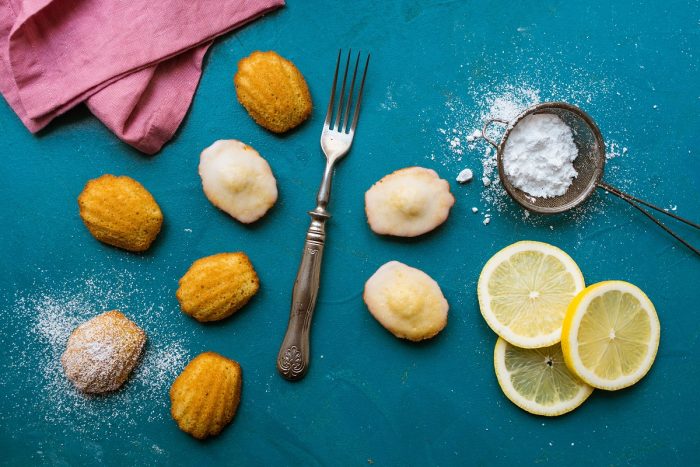

When writer Marcel Proust has a madeleine cake, the taste sparks a childhood memory, transporting him back in time. We have all likely had a madeleine moment, whether we recognized it or not at the time. Food has the power to not only nourish our bodies but also fuel our minds. It is often as big a catalyst for memory as an old photograph or seeing a long-lost friend.
Food is powerful, yet we often pay little attention to it, not knowing where it comes from or how it came to be on our plate. We should add this power of memory to the long list of great things about food. Food helps us remember different experiences throughout our lives, and we would do well to remember it and its long journey from seed to fork.
My madeleine moments comes not from a baked good but from spices. Without fail, every time I hear and smell the crackling of Indian spices sizzling in oil on the stovetop, I am momentarily transported to a different place and time. It is always a brief but powerful experience.
The Setting
The smell of these spices brings me back to the few months I spent living, working, and learning at a yoga retreat center in New Zealand. The center was located in a relatively remote area of the North Island, right on the beach. I could hear the waves lapping on the shore as I went to sleep each night.
I spent my first month earning my yoga teacher training certificate and subsequent months working at the retreat center to pay for the cost of it. I chopped wood, cleaned rooms, created posters and flyers, weeded the garden, and cooked food for staff and guests.
The Food
Cooking and eating were big parts of life at the yoga center. Food was purposefully integrated into the experience — not simply added on as an afterthought. Meals were carefully planned out and timed. The longer I stayed, the longer the time between meals became. By the end, I ate two meals a day with a small snack in between.
As my body adjusted and calibrated with newfound centering and stability and went through a sugar cleanse, I apparently didn’t need to eat as often. Of course this wasn’t up to me but instead mandated by the people in charge. As someone who loves food, let’s just say I really looked forward to the late afternoon meal. This is where my spice memory comes in.
Workers who stayed on after teacher training sessions, like me, were taught to cook Indian dishes the proper way. The people who were living and working at the retreat center taught their children where food comes from and how to make certain things for themselves. The experience of food and eating was holistic and involved everyone.
The Memory
A man named Prassad taught me that you always simmer Indian spices in oil or ghee before adding them to a dish. I learned later that this process is called tempering, and any good cook will do it to elevate the aroma and flavor of the organic spices. It is an essential step.
So whenever I smell peppercorns, cumin, curry, coriander, turmeric, or mustard seeds popping and sizzling in a pan, I’m instantly back in a kitchen in a remote corner of New Zealand learning the ins and outs of yoga.
The Connection
The psychology of food is complicated and fascinating. Food and memory are deeply connected. Perhaps the smell of apple pie makes you think of your mom and Thanksgiving when you were growing up, or maybe a horrible experience while you were eating green beans makes you flinch every time you look at one.
It doesn’t matter whether a memory is positive or negative — the connection is there. Food can sometimes spark memories we didn’t even know we had. Since food can both overwhelm and inspire the senses, it’s no wonder it’s closely linked to memories and experiences. We remember the smells, the tastes, the appearance, and even the texture of food as we have experienced it throughout our lives.
For all this connection and memory, I’m always dismayed at how easy it is to be disconnected from food, simply plucking something off a shelf at a grocery store and never giving it much thought after that. Food has the power to shape our lives and add meaning and value. We should pay more attention to it, because we never know what memories might depend on it.
Browse Front PageShare Your IdeaComments
Read Elephant’s Best Articles of the Week here.
Readers voted with your hearts, comments, views, and shares:
Click here to see which Writers & Issues Won.








